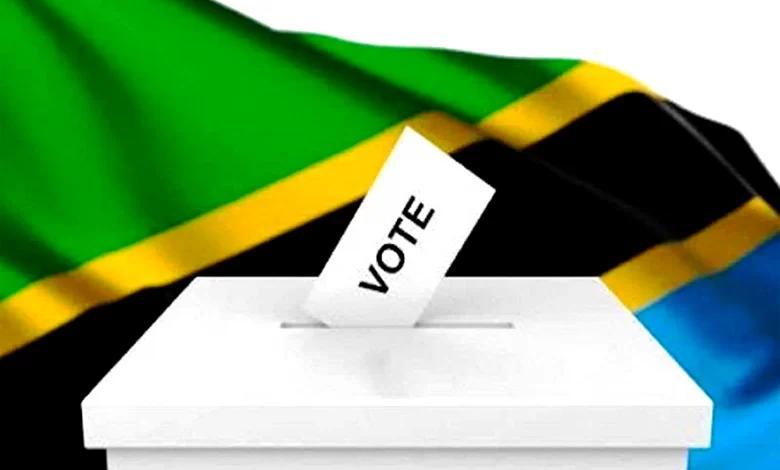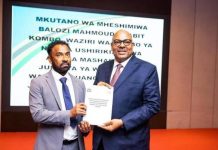Africa-Press – Tanzania. AS the country prepares for the General Election scheduled for October 2025, political analysts and democracy stakeholders are urging Tanzanians to prioritise patriotism, vision and commitment to national cohesion when choosing their leaders.
Speaking to the ‘Daily News’ on Monday, Dr Paul Loisulie, a political and social issues analyst and lecturer at the University of Dodoma (UDOM), said that Tanzania’s development depends on leaders who are genuinely patriotic and focused on inclusive progress.
“The country needs leadership that cares about the people, understands their challenges and is committed to pushing the wheel of development forward as well as preserving unity,” Dr Loisulie said.
“True leaders are those who deeply love their country. Patriotism isn’t mere rhetoric, it is demonstrated through actions that show care for citizens, recognition of their struggles and a practical, clear vision for progress,” he added.
He encouraged voters to elect leaders who are bold, patriotic and consistently prioritise national interests above personal or party gains. Dr Loisulie noted that political parties have already started holding rallies in preparation for the 2025 election, stressing the importance of voters being analytical when evaluating party manifestos and campaign promises.
“Tanzanians must be inquisitive. Don’t just accept generic promises like ‘we’ll create jobs’, ask how, when, and with what resources. We need a politically literate electorate,” he urged.
Drawing a relatable comparison, he added: “Let’s be like Simba and Yanga fans, people who understand even the technical aspects of their teams and can debate strategies. That’s the depth of civic understanding we need not slogans, but substance.” Echoing Dr Loisulie’s sentiments, former President of the Dar es Salaam University Students’ Organisation (DARUSO), Noel Mtafya, stressed the importance of electing candidates who prioritise unity, peace and solidarity–pillars of Tanzania’s national identity since independence.
“It’s not easy to maintain unity in a country with over 120 tribes. For decades, Tanzania has done wonders and this is a national treasure we must protect. We can learn from neighbouring countries, some of which, despite having fewer tribes, suffer from divisive tribal politics,” he said.
He also warned against voting based on religious affiliations, cautioning that such practices could divide Tanzanians. “Tanzania is not built on religion, even though its people practice different faiths,” he noted.
Mr Mtafya urged voters to back candidates with concrete, inclusive development plans, from the grassroots to the national level, noting that sovereignty, national security and border protection must continue to be complemented by the provision of essential social services.
He also cautioned political parties against undermining citizens’ constitutional rights in the name of reforms, recommending that reform agendas be included in party manifestos to allow voters to make informed decisions. Political analyst Hamiduni Maliseli, based in Mwanza, stressed the need for ethical and competent leadership in the upcoming elections.
“Our nation needs leaders who understand current socio-economic and political realities,” he said. “Elections are serious opportunities to shape Tanzania’s future and we must maintain the unity the country has always enjoyed for decades.” he said.
Mr Maliseli urged voters to elect leaders who will continue to uphold justice, promote equality and support inclusive development, encouraging broad citizen participation in the democratic process. In a related view, Annastazia Rugaba, a development and democracy analyst from Twaweza East Africa, called for continued greater inclusivity in political leadership, particularly for youths and women.
“Young people under 35 make up the majority of our population and must not be sidelined. They should support leaders who understand and prioritise their interests,” Ms Rugaba said.
She warned that youth disengagement in elections threatens meaningful democratic representation and urged both government and political parties to actively promote women and youths in leadership roles.
For More News And Analysis About Tanzania Follow Africa-Press







